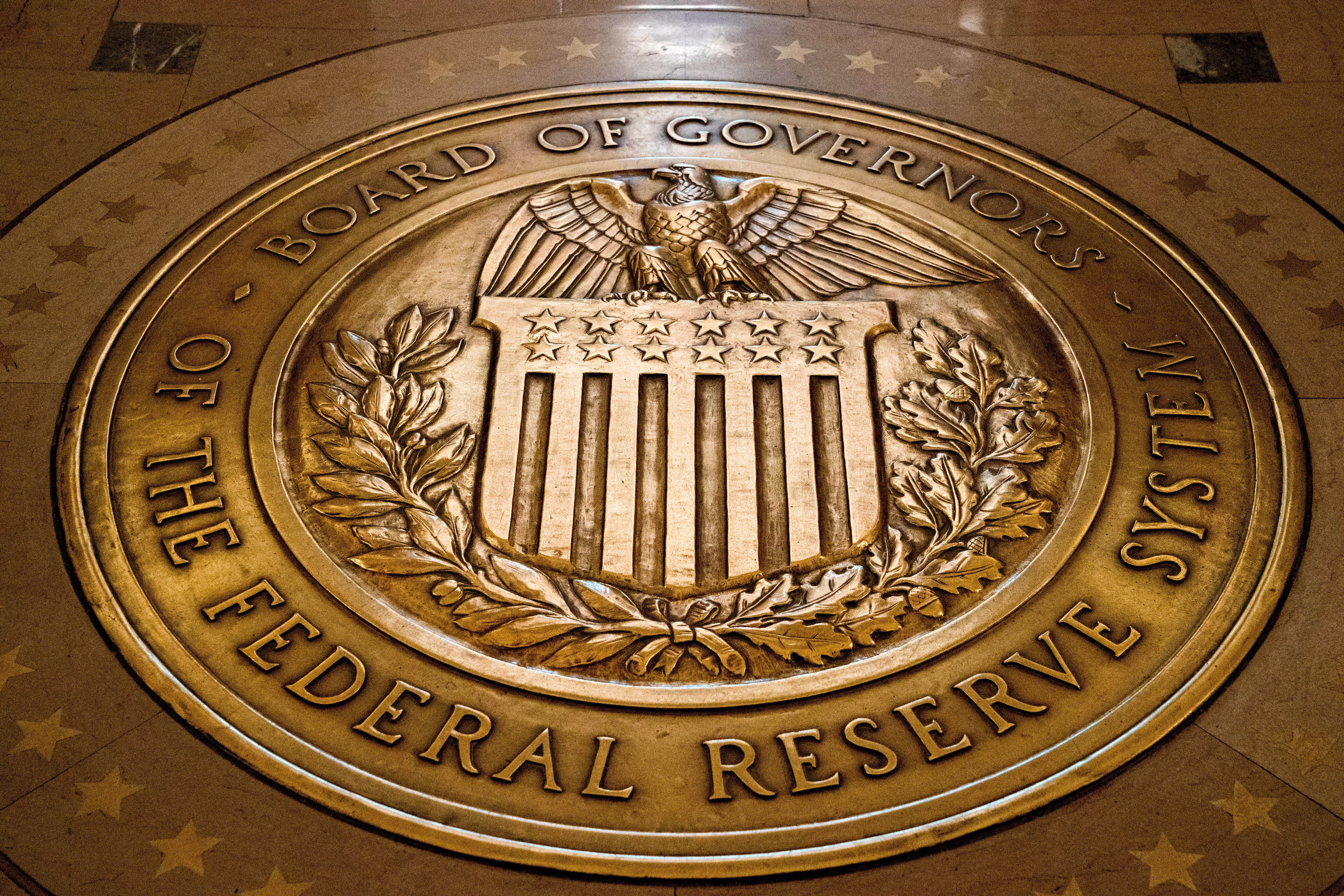Last week, Michigan Secretary of State Jocelyn Benson announced that her office would send every registered voter in the state an absentee ballot application ahead of the November general election. The move was expected, given that Michigan voters had approved a ballot measure in 2018 to give every voter a chance to vote absentee with "no excuse." But it was met with fury from President Trump, who falsely claimed that Benson, a Democrat, was sending actual ballots to voters. While he later corrected that mistake on Twitter, the president continued to accuse Benson of "illegally" overstepping her authority, calling her a "rogue Secretary of State."
In an interview on Cheddar, Benson pushed back against President Trump's attacks on mail-in voting, which have continued for days, leading Twitter to put up its first fact checks on the president's account. "He got it wrong," Benson said, arguing that her office is trying to provide "certainty and clarity at a time of great uncertainty" and noting that she had the "authority and responsibility" to send mail-in ballot applications to all Michigan voters.
"It's simply a way to educate our voters about their choice to vote by mail this fall," Benson said. "It's really not something that should be controversial at all."
Vote-by-mail has taken on a new level of importance this election year, with many states resigned to the fact that the pandemic is likely to keep some voters away from polling places this fall, especially if a second wave of the coronavirus hits. Michigan is not the only state to expand absentee voting this year; California and New Hampshire have also announced rule changes for the election, and several other states are trying to find ways to make it easier for residents to vote absentee. The Trump campaign, and Trump himself, are against these changes — the RNC is suing to block California's order, and the president has already put down a marker for what may be expected to come if more states follow, tweeting that voting by mail will result in a "rigged election."
Election security experts say that the risk of fraud with mail-in voting is somewhat higher than with in-person voting, where it is virtually nonexistent, although President Trump has shared concerns about that, too. Benson says Michigan is working on ways to ensure the sanctity of the election, including the implementation of signature checks on ballots and envelopes, similar to how poll workers check voter signatures against past signatures when they show up to vote.
"It's very difficult, if not impossible, to forge someone's signature," she said.
The bigger issue may have to do with the speed, rather than the accuracy, of the results. Benson said that because current law stipulates that poll workers can't even open mailed-in ballots until Election Day, it may take more time — possibly days — for Michigan's official results to be certified. She said her office is efforting more machines and workers to cut that time down come November.
Her main concern, she said, is the president and his supporters sowing the seeds of doubt about the legitimacy of the election before anyone has had a chance to cast a ballot.
"I anticipate these attacks on the sanctity of our process...will only increase in the months ahead," Benson said. "We all have to be vigilant against that."
Federal Reserve Chair Jerome Powell on Tuesday signaled a cautious approach to future interest rate cuts, in sharp contrast with other Fed officials who have called for a more urgent approach. In remarks in Providence, Rhode Island, Powell noted that there are risks to both of the Fed’s goals of seeking maximum employment and stable prices. His approach is in sharp contrast to some members of the Fed’s rate-setting committee who are pushing for faster cuts.
President Donald Trump’s efforts to reshape the American media landscape have led to the suspension of late-night comedian Jimmy Kimmel.
Ben & Jerry’s co-founder Jerry Greenfield is leaving the ice cream brand after 47 years. He says the freedom the company used to have to speak up on social issues has been stifled
The Federal Reserve cut its key interest rate by a quarter-point Wednesday and projected it would do so twice more this year as concern grows at the central bank about the health of the nation’s labor market. The move is the Fed’s first cut since December and lowered its short-term rate to about 4.1%, down from 4.3%. Fed officials, led by Chair Jerome Powell, had kept their rate unchanged this year as they evaluated the impact of tariffs, tighter immigration enforcement, and other Trump administration policies on inflation and the economy. The only dissenter was Stephen Miran, the recent Trump-appointee.
After a late-night vote and last-minute ruling, the Federal Reserve began a key meeting on interest rate policy Tuesday with both a new Trump administration appointee and an official the White House has targeted for removal.
The Trump administration has issued its first warnings to online services that offer unofficial versions of popular drugs like the blockbuster obesity treatment Wegovy.
Albania's Prime Minister Edi Rama says his new Cabinet will include an artificial intelligence “minister” in charge of fighting corruption. The AI, named Diella, will oversee public funding projects and combat corruption in public tenders. Diella was launched earlier this year as a virtual assistant on the government's public service platform. Corruption has been a persistent issue in Albania since 1990. Rama's Socialist Party won a fourth consecutive term in May. It aims to deliver EU membership for Albania in five years, but the opposition Democratic Party remains skeptical.
The Trump administration has asked an appeals court to remove Lisa Cook from the Federal Reserve’s board of governors by Monday, before the central bank’s next vote on interest rates. Trump sought to fire Cook Aug. 25, but a federal judge ruled late Tuesday that the removal was illegal and reinstated her to the Fed’s board.
President Donald Trump's administration is appealing a ruling blocking him from immediately firing Federal Reserve Gov. Lisa Cook as he seeks more control over the traditionally independent board. The notice of appeal was filed Wednesday, hours after U.S. District Judge Jia Cobb handed down the ruling. The White House insists the Republican president had the right to fire Cook over mortgage fraud allegations involving properties in Michigan and Georgia from before she joined the Fed. Cook's lawsuit denies the allegations and says the firing was unlawful. The case could soon reach the Supreme Court, which has allowed Trump to fire members of other independent agencies but suggested that power has limitations at the Fed.
Chief Justice John Roberts has let President Donald Trump remove a member of the Federal Trade Commission, the latest in a string of high-profile firings allowed for now by the Supreme Court.











